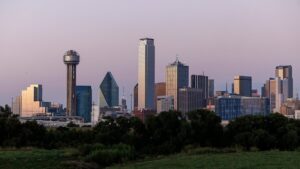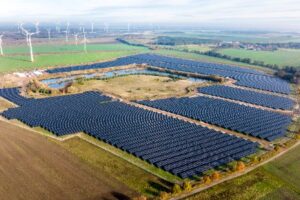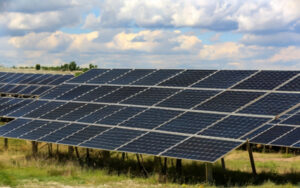Residents of most-polluted city fight bid to extend life of coal-fired power station
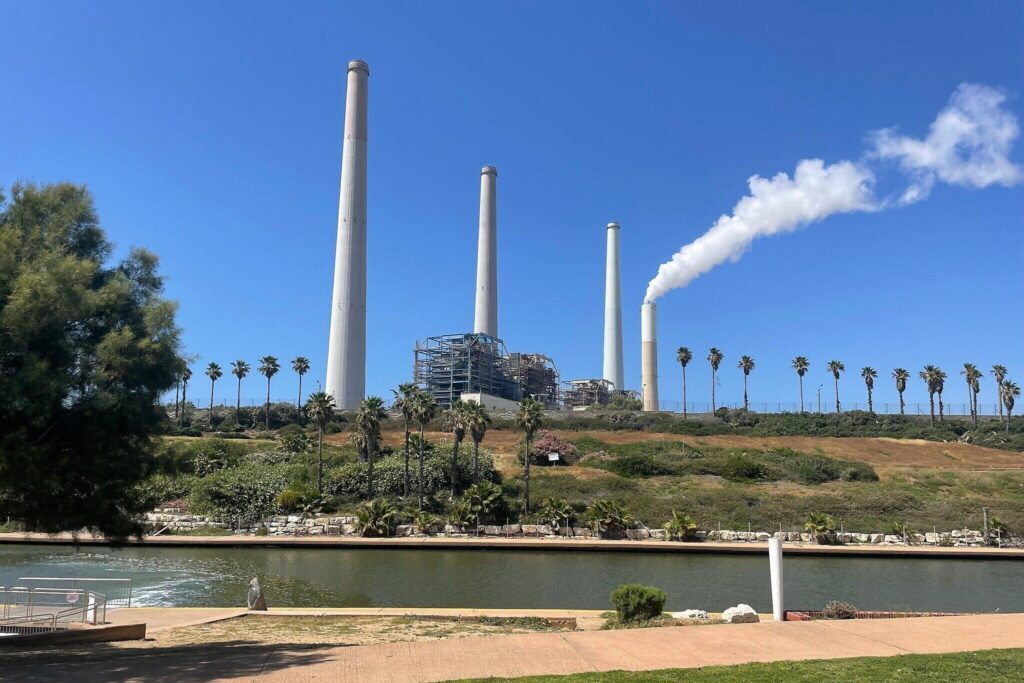
Residents of the area around Hadera, considered the most polluted city in Israel, where up to 250 people die prematurely each year from coal power-related disease, are fighting to stop the state from extending the operation of the massive Orot Rabin power station yet again despite a government decision in June 2018 to cease operations by mid-2022.
Yves Yakobovski, a member of the city council in the northern coastal city of Hadera, told the Knesset Internal Affairs and Environment Committee on Tuesday that in the Hefsiba neighborhood, “people hang laundry out and it turns black in a few minutes. The houses and cars are covered in coal dust.”
“We can only imagine what it does for their lungs, their life expectancy,” he added.
Academic surveys over the past 25 years have linked coal pollution from the facility to between 50 and 250 annual premature deaths in the region. The former, and most recent, figure was reached by then Health Ministry director general Itamar Grotto in 2016.
Hadera came top in the Environmental Protection Ministry’s pollution survey last year.
Despite this, the Electricity Authority, which determines electricity policy, is seeking a three-year extension for the coal units. The Independent Systems Operator, which runs the electricity grid and determines which power stations operate at any given time, is requesting an option for another decade.
They say they need to ensure energy continuity.
Over the past two decades, the Energy Ministry has focused on developing Israel’s natural gas reserves, to the detriment of solar energy. The latter currently comprises 14 percent of the total energy mix.
The ministry has ignored multiple warnings from civil society organizations that reliance on three main gas wells for 70% of the country’s energy needs would leave the country vulnerable.
At the start of Israel’s war with Hamas, sparked by the terror group’s invasion of Israel on October 7, 2023, the Tamar and Leviathan gas fields were briefly shut for protection. During the 12-day war with Iran earlier this year, Leviathan and Karish were closed.
Toxic landmark
With its four giant chimneys, the iconic power station, Israel’s largest and most polluting, consists of six coal-fired units, with two units per chimney. The highest chimney is no longer functioning, having been replaced by a modern one equipped with pollution filters that emits what looks like smoke, but is water vapor. The two modern units currently use coal, but will eventually transfer to natural gas.
The four units connected to the remaining two chimneys are what Yaniv Deri, a member of the Hadera City Council, described as the “silent murderers.”

Built in the 1980s, they emit not only carbon dioxide, which helps drive global warming; they spew out invisible sulfur dioxide, nitrogen oxides, and particulate matter, which cause respiratory illnesses.
Over the years, the Electricity Authority has avoided installing expensive scrubbers to remove pollutants from the two old chimneys’ exhaust streams, arguing that the units would soon close.
After a 2016 decision to shutter Orot Rabin in line with European directives, the government approved a resolution in 2018 to build two gas-fired power stations in Hadera specifically to replace the coal-fired ones by June 1, 2022.
A year later, the energy minister delayed this to December 2025.
One of the new replacement gas plants is operational, with the other due to come online in weeks.
Yet, asked when the coal-fired units would close, an Energy Ministry representative said coal would still be needed as a “backup” to guarantee energy security, should gas or solar power facilities be hit by hostile missiles. The ministry was weighing a three-year extension, she added.
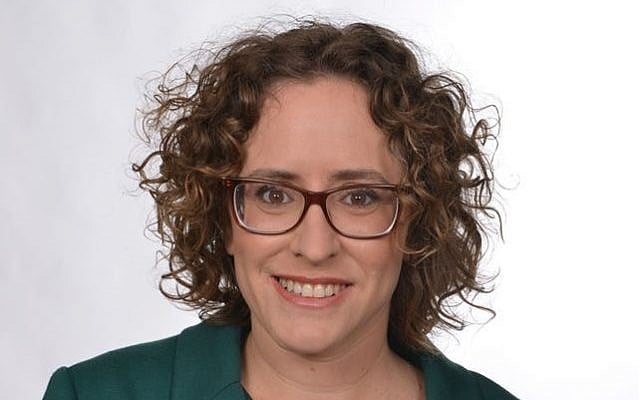
To this, environmental campaigner and former MK Yael Cohen-Paran retorted that the best way to guarantee energy security was not to concentrate so many power stations in the area (there are already several gas-fired ones, in addition to Orot Rabin) but to encourage households to install solar panels and storage batteries, and in so doing to create thousands of widely spread energy producers.
Exceeding emissions
To further complicate matters, in May 2023 the government amended the Clean Air Law to allow emissions permits granted by the Environmental Protection Ministry to be exceeded in cases of emergency. The term emergency was left unclear.
At Tuesday’s meeting, Shiki Fisher, CEO of the Independent Systems Operator (known by its Hebrew acronym, NOGA), revealed that the electricity system had exceeded its emissions permits 49 times this year, including ten times at Orot Rabin, most often to ensure there were no power cuts during extreme weather.
The meeting also heard that the Electricity Authority — which failed to attend the discussion — initially planned for 3.5 percent of the total electricity mix this year to come from coal. In practice, this reached 10% during the first three quarters of the year, according to data from the BDO consultancy.
A Health Ministry representative noted, “We hear about the economic factors (the need to maintain energy continuity), but so far nobody has related to the health costs” of continuing with coal.

Yesh Atid MK Yorai Lahav-Hertzano estimated that the costs to health and the environment of not closing Orot Rabin in 2022 totaled nearly NIS 6 billion ($1.84 billion).
Aryeh Wenger, chief scientist at the environmental advocacy organization Adam Teva V’Din, blamed the continued reliance on coal on the Energy Ministry, which, he said, should have planned for alternatives.
Israel, he added, would be unable to meet its commitment to cut global warming gas emissions without closing Orot Rabin down.
MK Yael Ron Ben-Moshe (Blue and White), who called for and chaired the discussion, said another meeting would be held in a month.
Nobody from the governing coalition attended.
